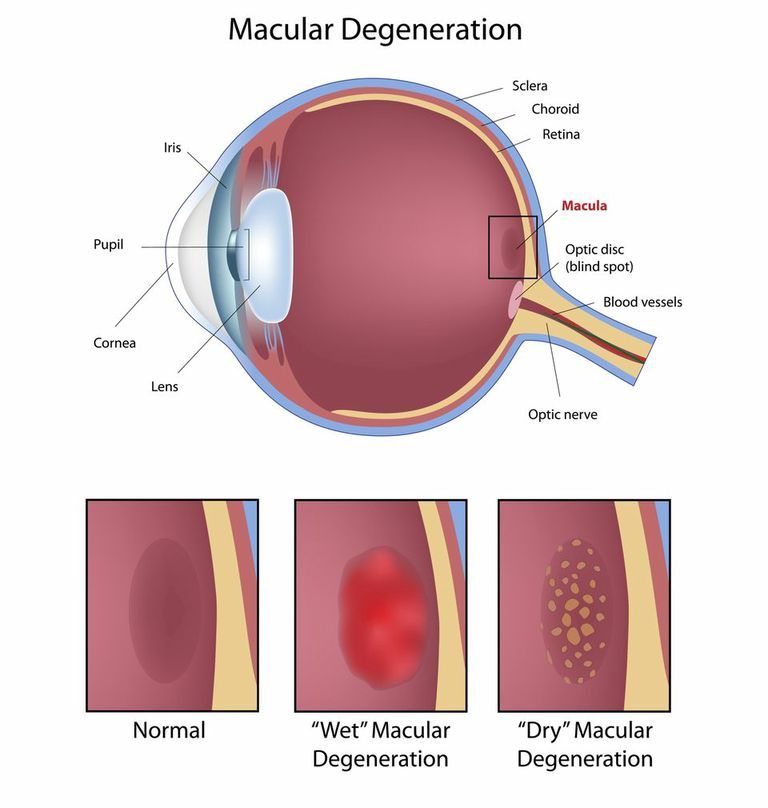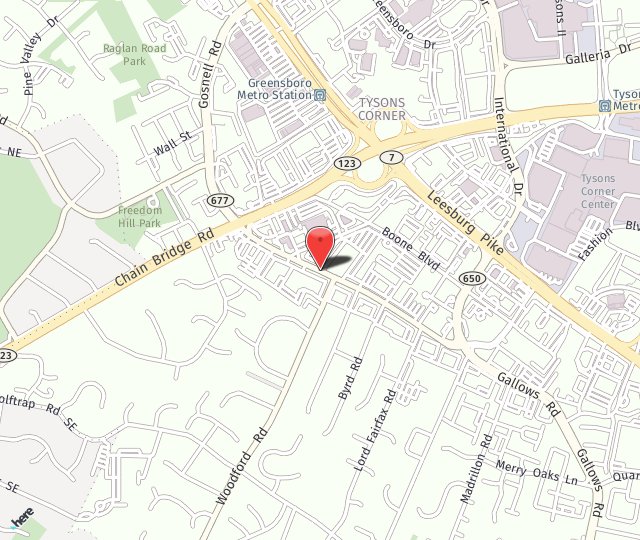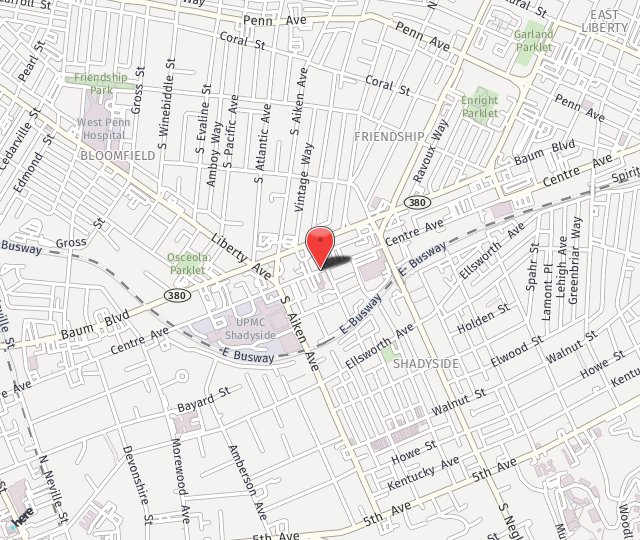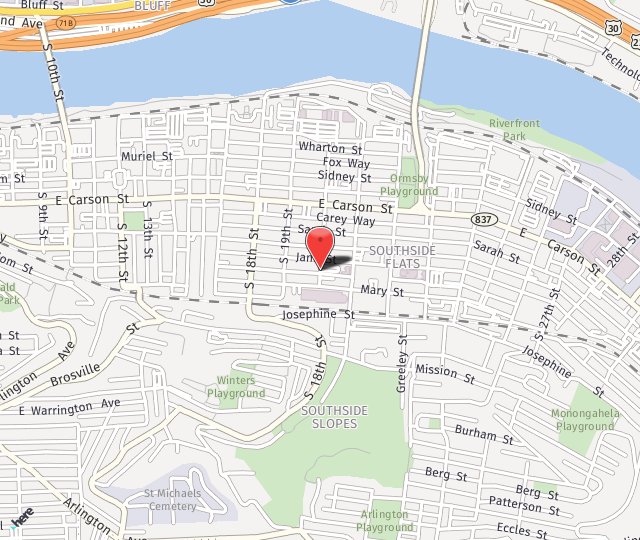What is Macular Degeneration?
Macular degeneration is a common, painless eye condition in which the central portion of your retina deteriorates and does not function adequately.
What is Age-Related Macular Degeneration (AMD)?
Although there are many types of macular degeneration, age-related macular degeneration (AMD or ARMD) is by far the most common type. AMD is a disease associated with aging that gradually destroys sharp central vision that is needed for seeing objects clearly and for common daily tasks such as reading and driving.
In some cases, AMD advances so slowly that you don’t notice the little changes in your vision. In others, the disease progresses faster and may lead to a loss of vision in both eyes. AMD is the leading cause of vision loss in Americans 60 years of age and older. AMD usually affects both of your eyes, although the degree of visual loss may vary a great deal between the two eyes.

What are the risk factors for Macular Degeneration?
Macular degeneration may be hereditary. If someone in your family has or had the condition, you may be at higher risk for developing macular degeneration.
Smoking, high blood pressure, high cholesterol, obesity, and being Caucasian are also risk factors for macular degeneration.
What is the difference between “Wet” and “Dry” Age-Related Macular Degeneration?
AMD occurs in two forms. “Wet” age-related macular degeneration is less common but more aggressive in its progression to severe central vision loss. “Dry” age-related macular degeneration is the more common type and is more slowly progressive in causing visual loss.
Most patients with macular degeneration have the dry form of the disease. However, the dry form of macular degeneration can lead to the wet form. Although only about 10% of people with macular degeneration develop the wet form, they make up the majority of those who experience serious vision loss from the disease.
Dry form. The “dry” form of macular degeneration is characterized by the presence of yellow deposits, called drusen, in the macula. A few small drusen may not cause changes in vision; however, as they grow in size and increase in number, they may lead to a dimming or distortion of vision that you will find most noticeable when you read. In more advanced stages of dry macular degeneration, there is also a thinning of the light-sensitive layer of cells in the macula leading to atrophy, or tissue death. In the atrophic form of dry macular degeneration, patients may have blind spots in the center of their vision. In the advanced stages, patients lose central vision.
Wet form. The “wet” form of macular degeneration is characterized by the growth of abnormal blood vessels from the choroid underneath the macula. This is called choroidal neovascularization. These blood vessels leak blood and fluid into the retina, causing distortion of vision that makes straight lines look wavy, as well as blind spots and loss of central vision. These abnormal blood vessels eventually scar, leading to permanent loss of central vision.
What is the treatment for Dry Macular Degeneration?
There is currently no treatment available to reverse dry macular degeneration. However, dry macular degeneration is usually slowly progressive, and most patients with this condition are able to live relatively normal, productive lives. Often one eye is affected more than the other.
The National Eye Institute’s Age-Related Eye Disease Study (AREDS) found that taking a specific high-dose formulation of antioxidants significantly reduces the risk of advanced dry AMD and associated vision loss. Slowing AMD’s progression from the intermediate stage to the advanced stage is helpful in reducing the progression of visual loss in many people. Cataract and Laser Institute of Pennsylvania has chosen PRN vitamins for patients who have been diagnosed with AMD. For more information on PRN eye vitamins click here.
What is the treatment for Wet Macular Degeneration?
Dr. Chun will refer you to a Retinal Specialist for treatment if you are diagnosed with wet macular degeneration.




